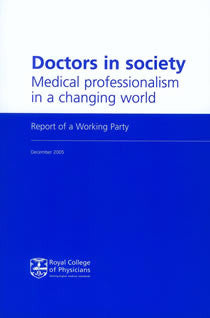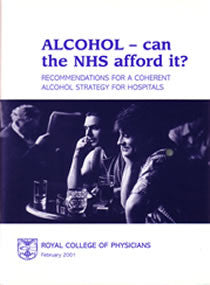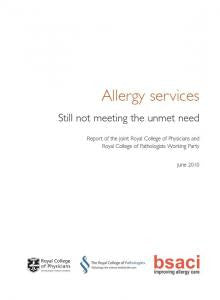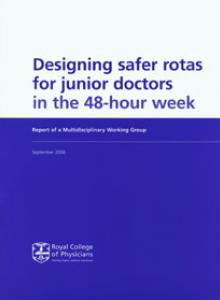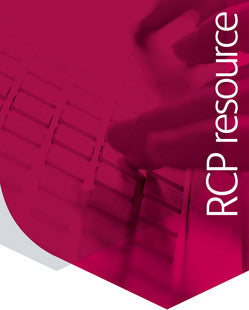Medical professionalism comprises a set of values, behaviours and relationships that underpin the trust the public has in doctors. This report, published in 2005, describes the nature and role of medical professionalism at a time when our healthcare system is undergoing enormous change.
Whilst a lack of professionalism is harmful to patient care, the political and cultural environment of health can hamper its exercise. The proposed entry of multiple healthcare providers, the wish for a more equal engagement between patients and professionals, and the burgeoning contribution of science to clinical practice, all impact on medical professionalism. These were among the factors that provided the impetus for the redefinition and description of medical professionalism set out in this report.
The report's definition and description have implications across the whole spectrum of medicine. However, six major themes emerged where medical professionalism will have significant implications. These are: leadership, team working, education, career pathways, appraisal and research. Each of these themes carries recommendations directed to national agencies with an essential part to play in taking them forward.
The report can be downloaded as a pdf.
A technical supplement to this document has been produced and is available to download as a pdf. It is a compilation of the material considered by the Working Party in coming to its conclusions and making its recommendations. It provides a rich source of additional material for those who wish to examine the topic in greater depth, or who wish to read in full the views of those who contributed to the consultation process.


